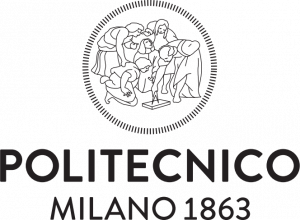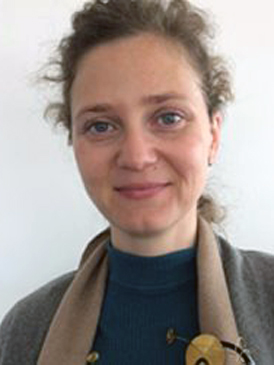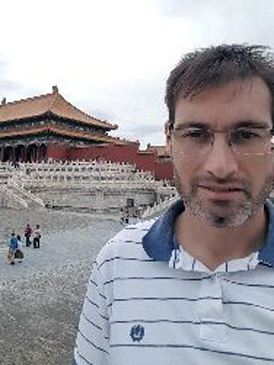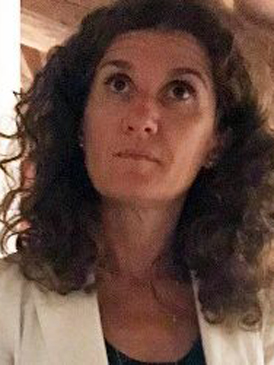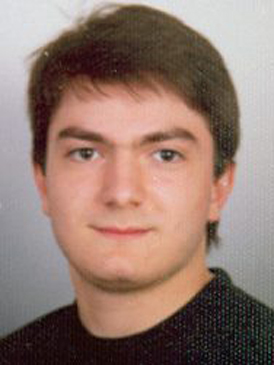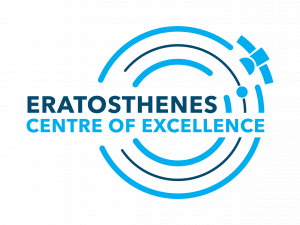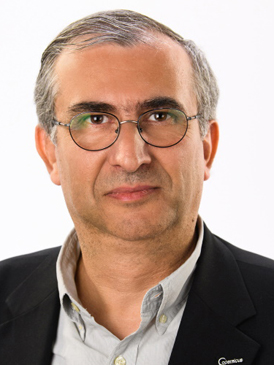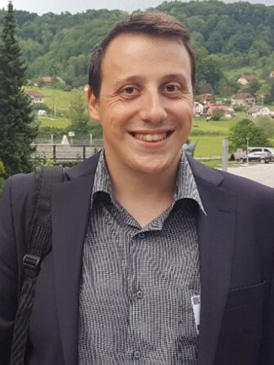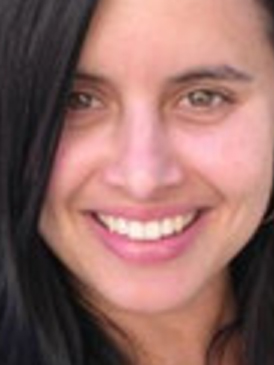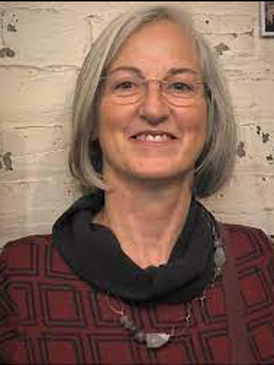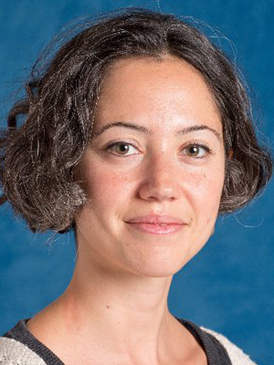Georgios conducted both his bachelor (BSc.) and postgraduate (MSc.) studies at the Dept. of Cultural Technology and Communication, University of Aegean. During his studies at the University of Aegean, he started his research career as research associate at the Intelligent Multimedia and Virtual Reality research laboratory, focusing on Artificial Neural Networks (ANNs).
He is currently a PhD candidate at the Department of Civil Engineering and Geomatics at Cyprus University of Technology (CUT), supervised by Prof. Phaedon Kyriakidis and co-supervised by Prof. Diofantos Hadjimitsis and Ass. Prof. Chris Danezis. Georgios has received scholarship for his PhD studies, awarded by the Cyprus State Scholarships Foundation (IKYK) Scholarship.
In the past, he was awarded a Marie Sklodowska-Curie fellowship as part of the “Initial Training Network on Digital Cultural Heritage” (ITN-DCH) project. During his studies at CUT he is employed as a researcher in several National and European -funded projects relevant to his fields of expertise, while additionally, he participates in research proposals writing.
Georgios’ research interests are mainly focused on Spatial Analysis, Agent-Based Modeling, Geostatistics, Big Data, Data Mining, Neural Networks and Cultural Heritage, therefore he is expected to contribute with his expertise to the ERATOSTHENES Centre of Excellence at the departments of Big Earth Data Analytics and Resilient Society.
Currently, the main scope of Georgios’ research lies in using Agent-based Models to study emerging phenomena such as mobility; the movement of humans and animals in space to understand patterns or reasons that could possibly be hidden behind such mobility (pedestrians, migration, epidemics such as COVID19, trade, etc.) or even to assess human responses during an emergency, thus acting in such way as tools for optimizing any existing urban or building evacuation plan. These models, especially intelligent agents, are part of the Artificial Intelligence (ΑΙ). They have grown dramatically in the last decade through their use in a wide range of disciplines that extend but are not limited to land use, urban systems, geospatial analysis, supply chain, health, sociology, economics. In addition to the above, Georgios through his employment in the department of Big Earth Data Analytics, among others he conducts research on predictive modeling, statistics and analysis tools, as well as he depthens his existing knowledge in data mining and machine learning techniques.
The outcomes of his ongoing research work are published in the form of a book chapter, as well as in several research papers submitted at conferences.
Georgios acted also as an external research associate at the “Sustainable Island Futures: Comparing Small Island States and Subnational Island Jurisdictions: Towards Sustainable Island Futures” project funded by the Social Sciences and Humanities Research Council of Canada (SSHRCC) in collaboration with the Dept. of Geography at the University of Aegean. It is worth mentioning that Georgios also served as Vice-Chair of the Marie Curie Alumni
Association Cyprus Chapter (MCAA-Cy). Georgios showcasing great interpersonal and organization skills has co-organized successfully several international conferences like EuroMed 2016 held in Nicosia (Cyprus), the 22nd AGILE Conference on Geoinformation Science organized in Limassol (Cyprus) and the CAA 2021 “Digital Crossroads” held online on 14-18 June; the 48th Conference of Association’s for Computer Applications and Quantitative Methods in Archaeology, where he also acts as proceedings editor. Currently, Georgios is co-organizing the Earth Observation for Environmental Monitoring – 41st EARSeL Symposium, both to be held in September 2022, Cyprus.
Georgios has also teaching experience in spatial analysis-related undergraduate courses in his capacity as teaching assistant.
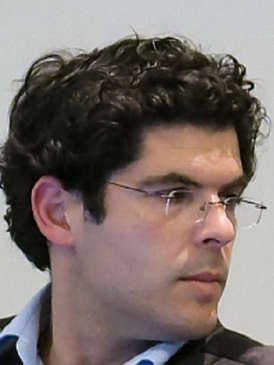 Agapiou AthosAssistant Professor
Agapiou AthosAssistant Professor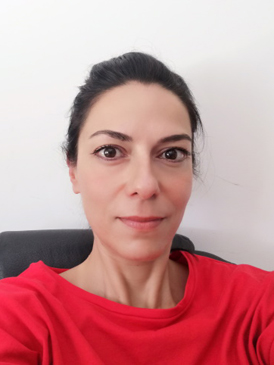 Lysandrou VasilikiResearch Associate
Lysandrou VasilikiResearch Associate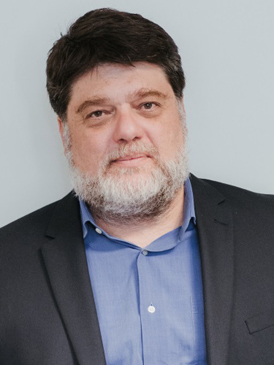 Kyriakidis PhaedonProfessor
Kyriakidis PhaedonProfessor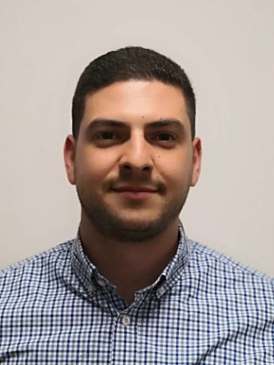 Hadjipetrou StylianosPhD Candidate
Hadjipetrou StylianosPhD Candidate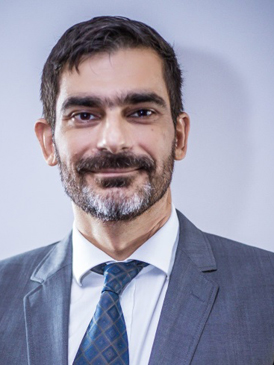 Skarlatos DimitriosAssociate Professor
Skarlatos DimitriosAssociate Professor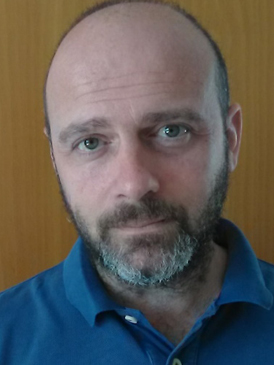 Gravanis EliasResearch Associate
Gravanis EliasResearch Associate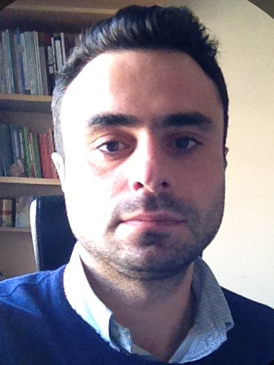 Kyriakides NicholasLecturer
Kyriakides NicholasLecturer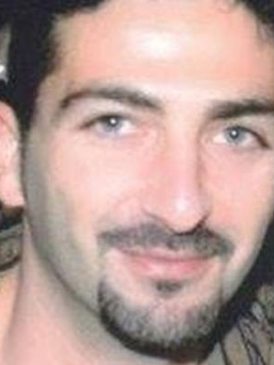 Votsis RenosResearch Associate
Votsis RenosResearch Associate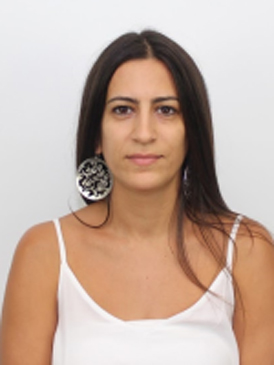 Nisantzi ArgyroResearch Associate
Nisantzi ArgyroResearch Associate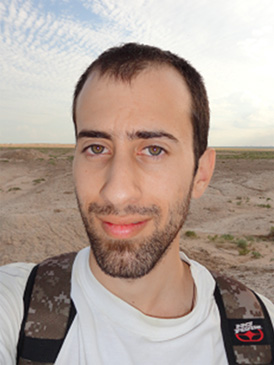 Pantelides AlexisPhD Candidate
Pantelides AlexisPhD Candidate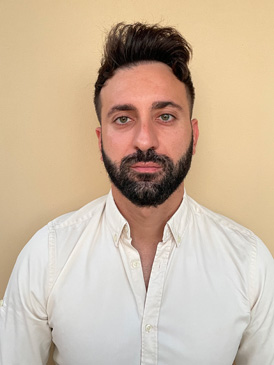 Kafataris GiorgosMSc student
Kafataris GiorgosMSc student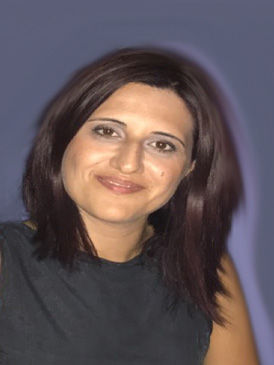 Argyrou ArgyroPhD Candidate
Argyrou ArgyroPhD Candidate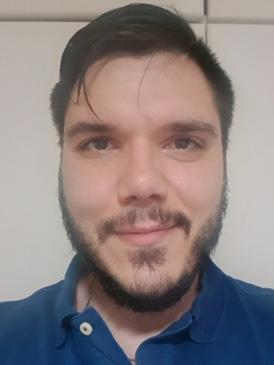 Vlachos MarinosPhD Candidate
Vlachos MarinosPhD Candidate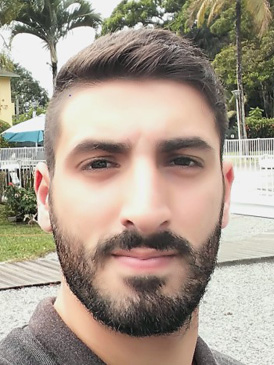 Stavros PatsalidesResearch Associate
Stavros PatsalidesResearch Associate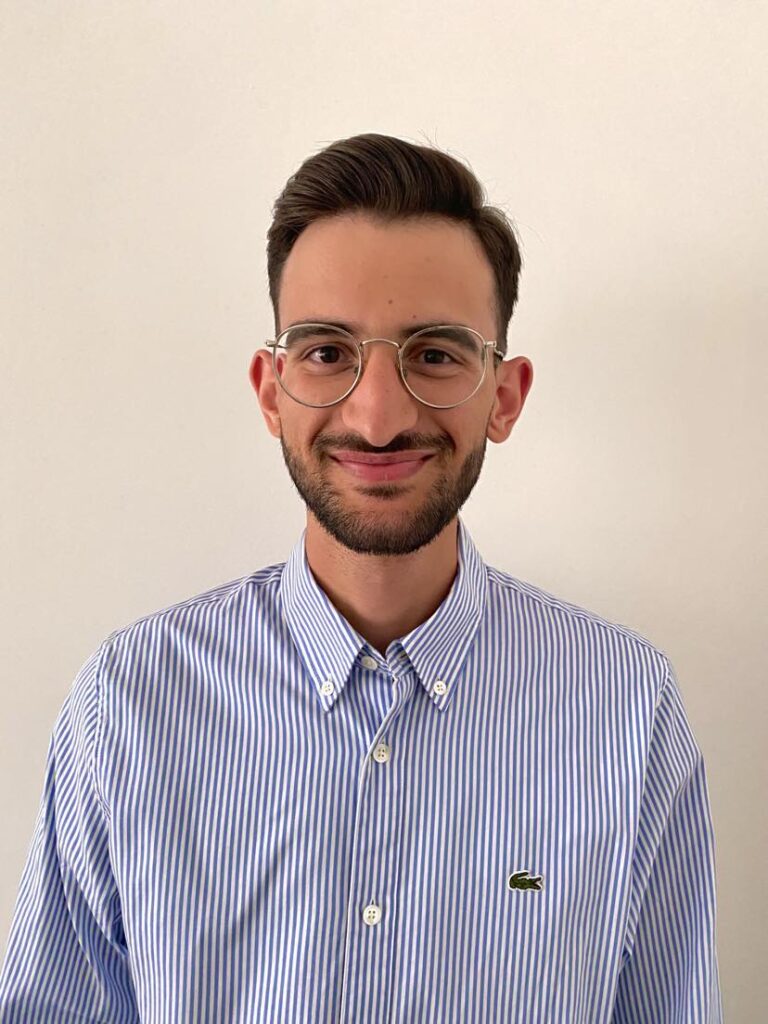 Michaelides KyriakosResearch Associate
Michaelides KyriakosResearch Associate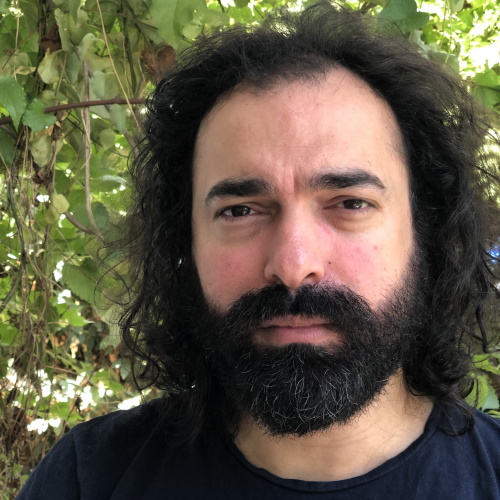 Marangos OrestisResearch Associate
Marangos OrestisResearch Associate

